Wanxiang America: Find your value, maximize it
Updated: 2016-02-27 00:41
By Chunying Cai in Washington(China Daily USA)
|
||||||||
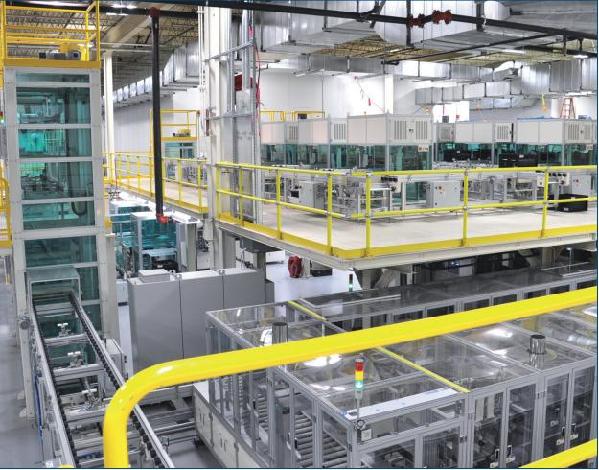 |
|
A123 Systems' lithium-ion battery manufacturing facility in Livonia, Michigan. Wanxiang America bought the bankrupt company in 2013, spending $256.6 million. |
Lesson learned
Ni learned the power of collaboration from his first client in the US.
Shortly after he launched Wanxiang America, Ni received an order from a dealer in Cleveland, Ohio. Days later, the client called complaining about a wrong shipment. Ni then drove nearly six hours to apologize face to face to the client and gave back the original payment check. The client was deeply moved and has since stayed with Wanxiang.
A few years later, after Ni gradually built Wanxiang's reputation in the auto parts world, including becoming the staple supplier to the Big Three (General Motors, Ford and Chrysler), he got another call from that client, asking him to take majority ownership of the company at no cost.
“He said to me: 'If I sell the product, I charge $1 more, you are going to have $1 less. If we can work together, there might be $2 or $3 that we can create on the table, which we can share,'" Ni recalled.
He has since taken this concept to heart. When Zeller Corporation, a leading American auto parts manufacturer and Wanxiang's first Western client, as well as some subsidiaries controlled by the Big Three, faced financial difficulties and turned to Ni for help, Wanxiang embraced them.
Wanxiang usually would keep the brand name of acquired companies and their executive teams and labor forces as intact as financially feasible. Ni likes to call them “partners" in cooperation. “Competition is just a reality, but the problem is that competition does not help you to expand your frontier, cooperation does," he said.
In Ni's theory of cooperation, transparency and compromise take central stage.
In Wanxiang America's early years, Ni had “more FBI visits than customer visits", almost once every quarter, then he had reviews by US Customs, Immigration, the Internal Revenue Service, and many other government agencies. “Frankly speaking, it helped us to learn to how to be transparent," said Ni.
Ni later realized that “transparency is also the most important way to communicate" with his partners. “Because we came from China, we have a different language and a different culture; being transparent is so critical," he said.
Ni's first challenge as spokesman for Wanxiang's products, which back then was mainly the universal joint auto part, was to explain that Wanxiang (pronounced Wahn-Shung) means “universal" in Chinese, so people would not think he was selling wax.
Ni didn't come to the US as an icebreaker for Wanxiang. He arrived as a doctoral student in economics at the University of Kentucky. Two years later, Guanqiu Lu, his father-in-law, the chairman of Wanxiang Group and a legendary figure in China, called him to chart a path for Wanxiang in the US.
Lu started a bicycle and farm tool repair shop in 1969 when China was still buried in “cultural revolution" (1966-76). He later made himself a household name after the country launched reforms in the 1980s, and he was among the first people to get rich. Newsweek magazine featured Lu on its cover in 1991. He was ranked the 13th wealthiest individual in China by Forbes magazine last year.
Ni also believes in one of his father-in-law's famous sayings: “Sharing the money is more important than making the money. If you know how to share money, you can make money pretty easily."
“If you give a little bit more, which is to compromise, then you gain the partnership, and you gain more," Ni added his own touch to the concept. “Transparency and compromise. With these two in your mind, you can communicate with anyone."
Ni's cooperation also includes a scholarship program that Wanxiang established with Delaware's state government. It gave $450,000 to send high school students to study Mandarin at Wanxiang's Hangzhou headquarters in 2015 and 2016. It is part of President Barack Obama's 100,000 Strong Initiative to encourage more American students to study in China.
The scholarship program is a continuing partnership between Ni and the state of Delaware, which gave Wanxiang essential support in its successful bid for Fisker in 2014, once a competitor for Tesla. Delaware provided Fisker seed money in 2009 to build an assembly line at a former General Motors plant.
Ni's management philosophy seems to also align with his streamlined and goodwill approach to partnerships, which if summarized in one word would be “incentivize".
- Venezuela, Qatar, Saudi Arabia, Russia to meet to stabilize oil market
- Gunman kills up to four in Kansas shooting spree
- Apple fights back in court, refusing to hack into iPhone for FBI
- Chinese may pursue Paramount stake
- S. Korea, US to launch working group on THAAD
- All bodies of plane crash victims recovered in Nepal
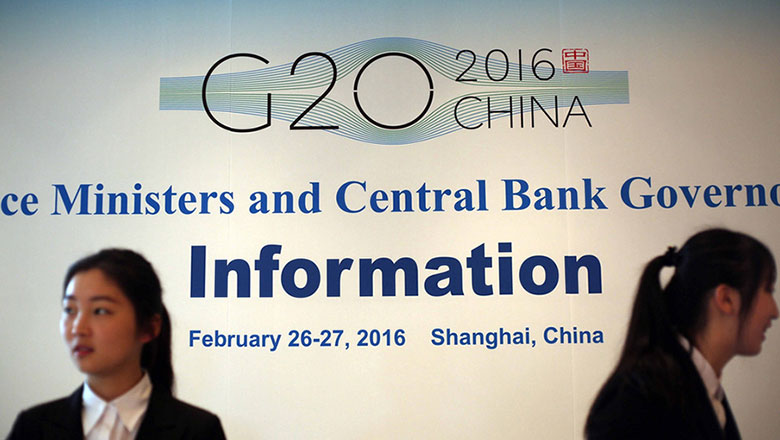
 Things you should know about the 2016 G20 meeting
Things you should know about the 2016 G20 meeting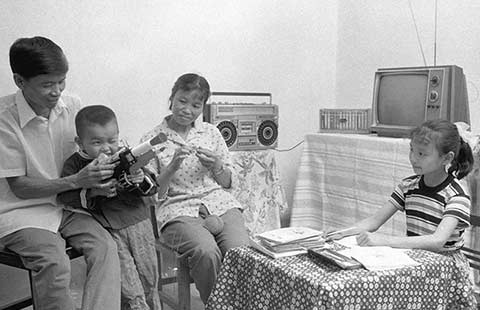
 Walk down memory lane: Rural China in 1980s
Walk down memory lane: Rural China in 1980s
 A woman's artistic life
A woman's artistic life
 Milan fashion week opens with eclectic, embellished looks
Milan fashion week opens with eclectic, embellished looks
 Plastic-shirted Afghan boy gets signed jersey from Messi
Plastic-shirted Afghan boy gets signed jersey from Messi
 Adele steals the show at 2016 BRIT Awards
Adele steals the show at 2016 BRIT Awards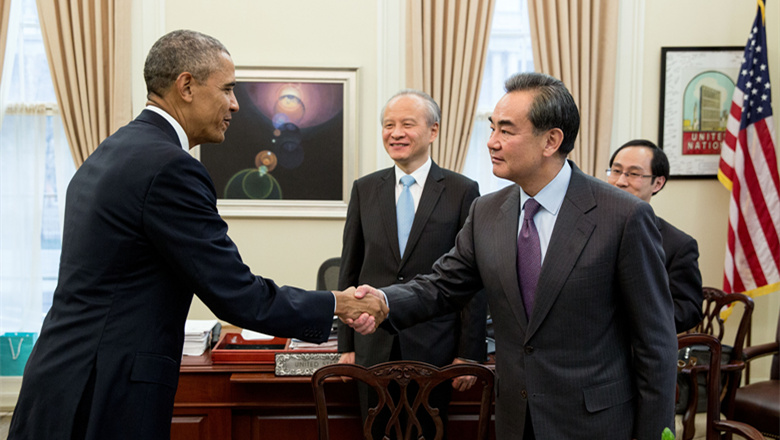
 US President Obama meets with Foreign Minister Wang Yi
US President Obama meets with Foreign Minister Wang Yi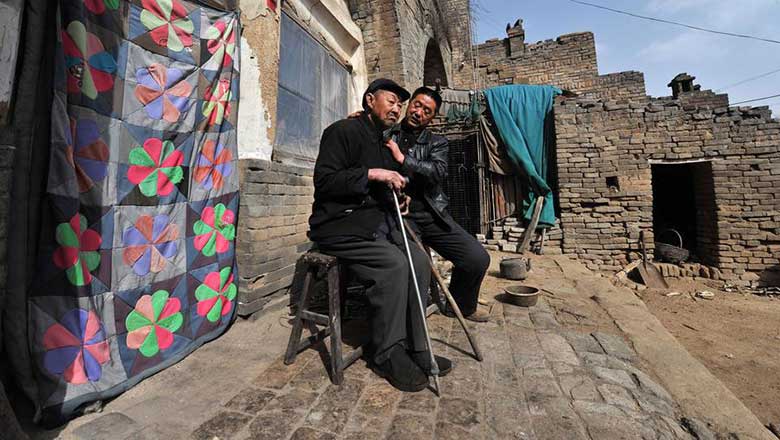
 Elders, children cope alone in village after Spring Festival reunion
Elders, children cope alone in village after Spring Festival reunion
Most Viewed
Editor's Picks

|

|

|

|

|

|
Today's Top News
What ends Jeb Bush's White House hopes
Investigation for Nicolas's campaign
Will US-ASEAN meeting be good for region?
Accentuate the positive in Sino-US relations
Dangerous games on peninsula will have no winner
National Art Museum showing 400 puppets in new exhibition
Finest Chinese porcelains expected to fetch over $28 million
Monkey portraits by Chinese ink painting masters
US Weekly

|

|








